As we age, our skin undergoes various changes that can lead to wrinkles, fine lines, and loss of elasticity. Anti-aging serums have become increasingly popular as a way to combat these signs of aging. But with so many products on the market, it can be challenging to determine which ones are truly effective. In this article, we'll explore the science behind anti-aging serums and examine what ingredients and formulations have been proven to work.
Key takeaways:
• Anti-aging serums typically contain higher concentrations of active ingredients compared to regular moisturizers
• Retinoids, peptides, and antioxidants are among the most effective ingredients in anti-aging serums
• Consistent use and proper application are crucial for seeing results from anti-aging serums
• Combining serums with other skincare practices and a healthy lifestyle can enhance their effectiveness
Best anti aging serum: What to look for
When searching for the best anti-aging serum, it's essential to understand the key ingredients that have been scientifically proven to be effective. Retinoids, derived from vitamin A, are widely regarded as one of the most potent anti-aging ingredients. They work by increasing cell turnover and stimulating collagen production, which can help reduce the appearance of fine lines and wrinkles[1].
Another important ingredient to look for is vitamin C, a powerful antioxidant that can help protect the skin from free radical damage and promote collagen synthesis. Studies have shown that vitamin C can improve skin texture and reduce the appearance of wrinkles when used consistently over time[2].
Peptides are another class of ingredients that have gained popularity in anti-aging serums. These short chains of amino acids can help stimulate collagen production and improve skin firmness. While more research is needed, some studies have shown promising results for certain peptides in reducing the appearance of wrinkles[3].
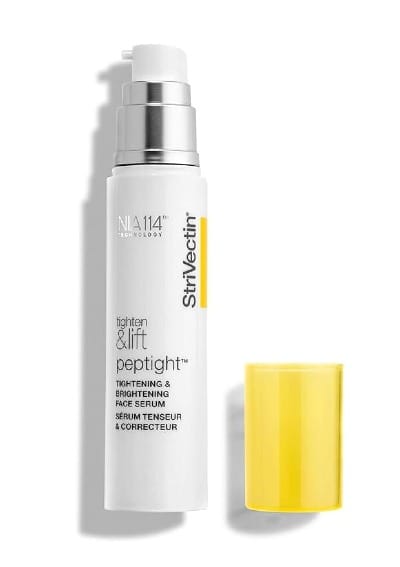
Best face serums: Ingredients that deliver results
When it comes to choosing the best face serums, it's not just about anti-aging benefits. Many serums are designed to address specific skin concerns, such as hydration, brightening, or acne prevention. Here are some key ingredients to look for in face serums:
• Hyaluronic acid: This molecule can hold up to 1000 times its weight in water, making it an excellent hydrator for all skin types.
• Niacinamide: Also known as vitamin B3, niacinamide can help improve skin texture, reduce pore size, and even out skin tone.
• Alpha-hydroxy acids (AHAs): These exfoliating acids, such as glycolic acid, can help improve skin texture and promote cell turnover.
• Vitamin E: Another powerful antioxidant that works well in combination with vitamin C to protect the skin from environmental damage.
It's important to note that the effectiveness of these ingredients can vary depending on their concentration and formulation. Look for serums that list active ingredients near the top of the ingredient list and avoid products with potentially irritating fragrances or alcohols[4].
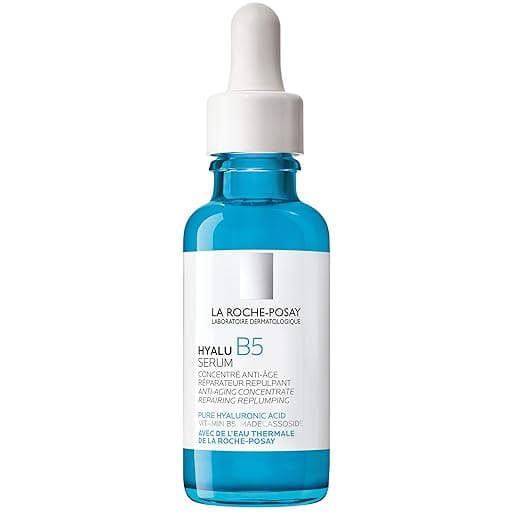
Top face serums: Combining ingredients for maximum effect
The most effective face serums often combine multiple active ingredients to address various aspects of skin aging and health. For example, a serum that combines retinol with peptides and antioxidants may provide more comprehensive anti-aging benefits than a single-ingredient product.
Some top face serums also incorporate newer, innovative ingredients such as growth factors or plant stem cells. While these ingredients show promise, more research is needed to fully understand their long-term effects and efficacy[5].
It's also worth noting that the best serum for you may depend on your specific skin type and concerns. Those with sensitive skin may need to look for gentler formulations, while those with oily or acne-prone skin might benefit from serums containing salicylic acid or niacinamide.
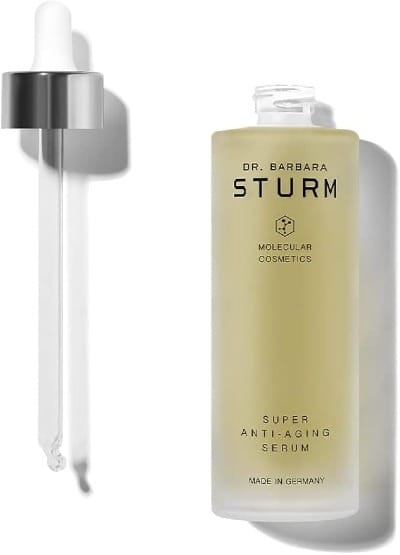
Best facial wrinkle treatment: Beyond serums
While serums can be highly effective, they're just one part of a comprehensive anti-aging skincare routine. The best facial wrinkle treatment often involves a combination of products and practices:
• Sunscreen: Daily use of broad-spectrum SPF is crucial for preventing premature aging caused by UV damage.
• Moisturizer: A good moisturizer can help lock in the benefits of your serum and keep skin hydrated.
• Gentle cleansing: Over-cleansing can strip the skin of natural oils, leading to irritation and potentially more visible signs of aging.
• Professional treatments: Procedures like chemical peels, microneedling, or laser treatments can complement the effects of at-home skincare.
Remember that consistency is key when it comes to anti-aging skincare. It can take several weeks or even months to see noticeable results from a new product or routine[6].
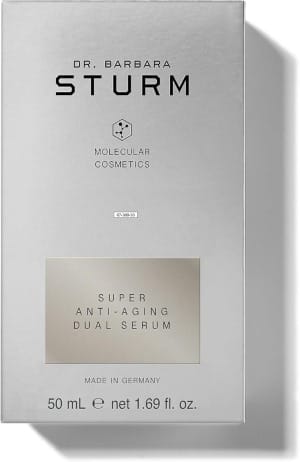
Best anti aging serum for 40s: Addressing changing skin needs
As we enter our 40s, our skin's needs change. Collagen production naturally decreases, and we may start to see more pronounced signs of aging. The best anti-aging serum for those in their 40s should address these specific concerns:
• Increased hydration: Look for serums containing hyaluronic acid or glycerin to combat dryness.
• Stronger antioxidants: Products with higher concentrations of vitamins C and E can help protect against environmental damage.
• Collagen-boosting ingredients: Peptides and retinoids become even more important for maintaining skin elasticity.
• Brightening agents: Ingredients like kojic acid or vitamin C can help address age spots and uneven skin tone.
It's also important to pay attention to the delicate skin around the eyes, which often shows signs of aging first. Consider adding an eye-specific serum or cream to your routine[7].
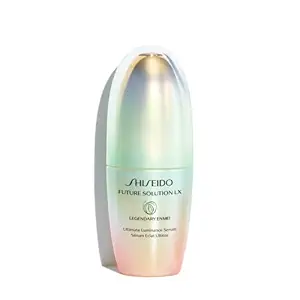
Best wrinkle serum: The importance of clinical evidence
When searching for the best wrinkle serum, it's crucial to look beyond marketing claims and focus on products with clinical evidence to support their efficacy. Look for serums that have undergone rigorous testing and can provide data on their results.
Some key factors to consider when evaluating wrinkle serums include:
• The concentration of active ingredients
• The stability and delivery system of the product
• The duration and design of clinical studies
• Before and after photos from unbiased sources
Remember that while a serum may work well for one person, individual results can vary. It may take some trial and error to find the best product for your skin[8].
In conclusion, anti-aging serums can be a powerful tool in maintaining youthful, healthy-looking skin. By understanding the science behind these products and choosing formulations with proven ingredients, you can make informed decisions about your skincare routine. Remember that the best anti-aging strategy involves a holistic approach, including a healthy diet, adequate sleep, stress management, and protection from sun damage.
For more information on longevity science and health news, explore our other articles on www.sanatorium.health. Remember, while skincare can help improve the appearance of aging, true health and longevity come from a comprehensive approach to wellness.
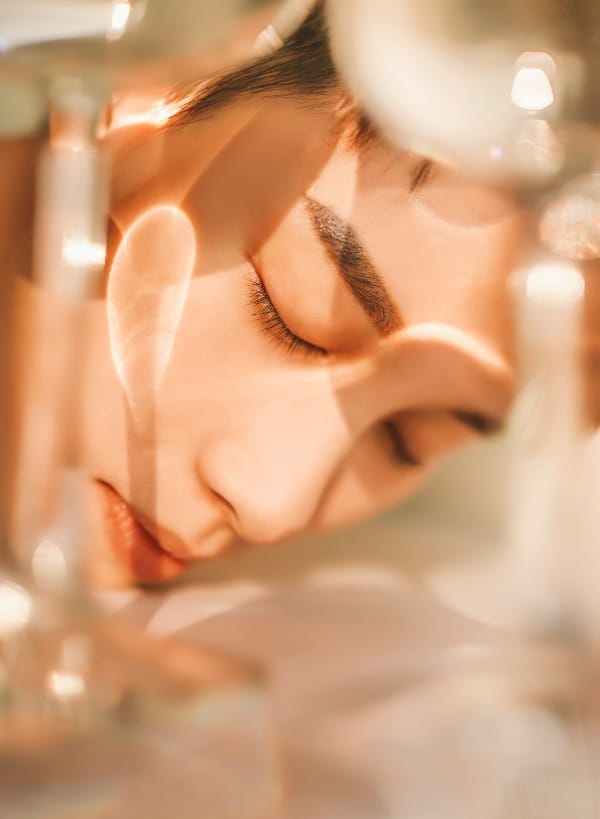
References:
- Mukherjee, S., et al. (2006). Retinoids in the treatment of skin aging: an overview of clinical efficacy and safety. Clinical Interventions in Aging, 1(4), 327-348.
- Pullar, J. M., Carr, A. C., & Vissers, M. C. M. (2017). The Roles of Vitamin C in Skin Health. Nutrients, 9(8), 866.
- Schagen, S. K. (2017). Topical Peptide Treatments with Effective Anti-Aging Results. Cosmetics, 4(2), 16.
- Ganceviciene, R., et al. (2012). Skin anti-aging strategies. Dermato-endocrinology, 4(3), 308-319.
- Aldag, C., Nogueira Teixeira, D., & Leventhal, P. S. (2016). Skin rejuvenation using cosmetic products containing growth factors, cytokines, and matrikines: a review of the literature. Clinical, Cosmetic and Investigational Dermatology, 9, 411-419.
- Ramos-e-Silva, M., et al. (2013). Anti-aging cosmetics: Facts and controversies. Clinics in Dermatology, 31(6), 750-758.
- Farris, P. K. (2014). Innovative cosmeceuticals: sirtuin activators and anti-glycation compounds. Seminars in Cutaneous Medicine and Surgery, 33(4), 157-162.
- Kligman, D. (2000). Cosmeceuticals. Dermatologic Clinics, 18(4), 609-615.
Citations:
[1] https://coschedule.com/headlines/catchy-blog-titles
[2] https://storylab.ai/write-catchy-blog-post-titles/
[4] https://www.voguescandinavia.com/articles/skincare-trends-ingredients-2024
[5] https://www.healthline.com/health/skin/what-is-anti-aging-serum
[6] https://www.ncbi.nlm.nih.gov/pmc/articles/PMC10667605/
[7] https://www.ncbi.nlm.nih.gov/pmc/articles/PMC9610014/
[8] https://cameocollege.com/2024-beauty-trends-the-active-age-movement/
[9] https://sytheonltd.com/top-5-skin-care-ingredient-trends-2024/










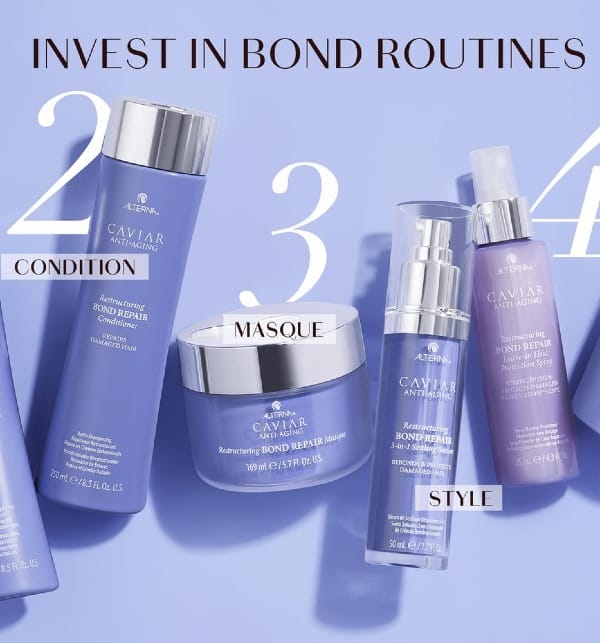




Member discussion